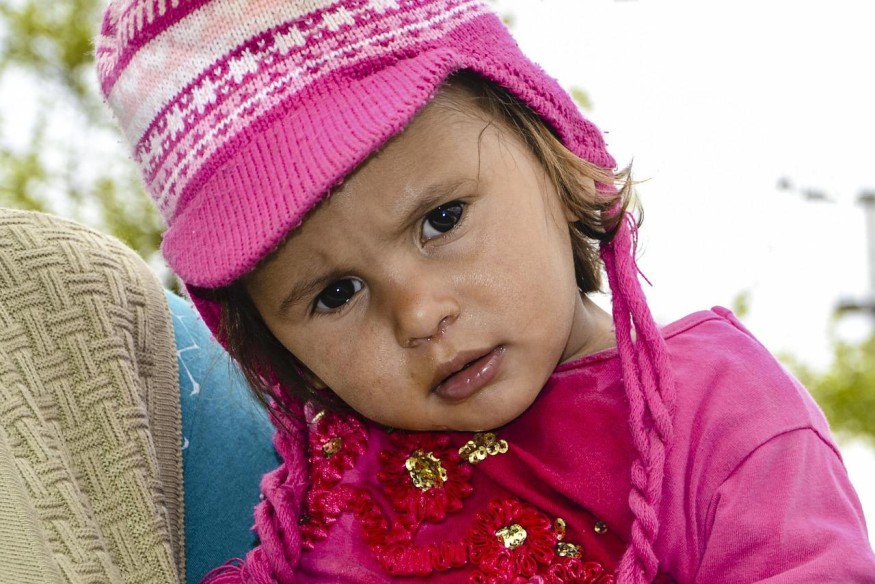Sometimes, parents catch their baby's eyes and suddenly feel judged for their behavior. Although this might feel imaginary at times, a new study suggests that this is indeed a real experience. The research points out that babies use their gaze to single out an adult who has done something they disapprove of as a form of punishment to them.
Japanese researchers noted that for millennia, researchers have pondered whether humans were inherently good or not. The new research found that infants could make a moral judgment on antisocial behaviors, which sheds new light on the origins of morality.

The Experiment
Humans are the only living creatures around the world that display punishment for antisocial behaviors, which is universal across different cultures. However, the origins and development of moral behavior are not well understood and decision-making can be challenging to examine in infants.
So, researchers from Osaka University aimed to study this, noting the importance of morality in what makes people humans. Lead author Yasuhiro Kanakogi said in a news release via EurkeAlert! that their study aims to know whether third-party punishment of antisocial behavior is present at a very young age to see if this signals morality as a learned behavior or more intrinsic.
The team developed a research paradigm in which they had eighth-month-old infants familiarize themselves with a computer system that shows animations on the screen. They put a gaze-tracking system that will give the babies control over the actions on the screen.
For example, looking at an object for a sufficient period would lead to the destruction of an objection. Researchers showed a video in which one geometric agent appeared to hurt another geometric agent. They also observed the babies' reactions to the punished antisocial behavior of the geometric agent.
They were surprised that babies chose to punish antisocial behaviors by the increased amount of period they glare at the geometric agent that did the act. The longer they stare, the eye-tracking program will also make the character disappear. That means they are given the power to make the character vanish.
Babies Are Judgmental of Antisocial Behavior of Others
The findings confirm the hypothesis of some psychologists who believe that an unwavering stare is a sign of the infant's intent to punish the antisocial behavior of the attacker that prompts them to focus their gaze on them until they go away, Science Alert reported
Since infants at that age cannot yet communicate their feelings in words, the authors wrote that they are not sure whether the babies intended to punish the attacker. They explained that it could be an expression of caution in the face of an attacker, or perhaps they expect the antisocial behavior to be punished.
Furthermore, it is challenging to measure decision-making in preverbal babies because their communication is limited. A 2011 study showed that 19-month-old infants and below could be judgmental by taking away treats from those who display antisocial behavior.
The study titled "Third-Party Punishment by Preverbal Infants," published in Nature Human Behavior shows that young children do punish violent social interactions. But more than that, it shows that humans may have acquired behavioral tendencies toward moral behavior during the course of evolution as part of an essential element of human cooperation.
RELATED ARTICLE: Kids as Young as 7 Years Old Hesitate to Ask For Help for the Same Reasons as Adults, Study Reveals
Check out more news and information on Psychology in Science Times.
© 2026 ScienceTimes.com All rights reserved. Do not reproduce without permission. The window to the world of Science Times.












